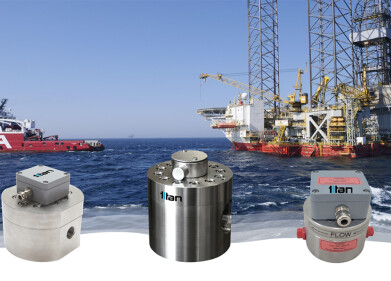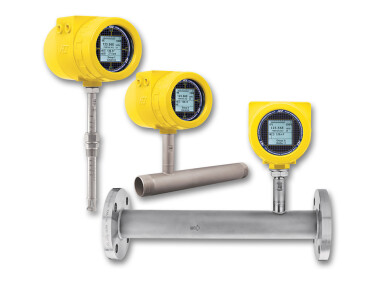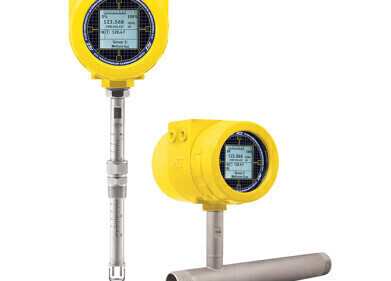Flow level pressure
How Long Does Fuel Last?
Aug 31 2019
With British petrol prices now averaging around £1.28 per litre, making tanks stretch for as long as possible is a top priority for many motorists. Which raises the question of how long a tank of fuel actually lasts. According to a new report from BP, the average high-performance lifespan of petrol stored in tanks at a temperature of around 20°C is around three weeks. Any longer and the petrol will still power an engine but with less efficiency.
This is because petrol is made up of many components, each with unique properties that contribute to overall fuel performance. When stored in an open container and exposed to air, petrol will start to evaporate. As different components evaporate at different rates, the composition and properties of the petrol will start to change.
The risk of octane loss
Light components are the first to go, which can have a negative impact on octane levels. Lack of octane is particularly concerning during cold starts and high revving conditions as it can result in overheating, pre ignition, detonation and piston damage, with small engines at higher risk. Low octane levels can also lead to the formation of carbon deposits, which can hinder the spark plug and cause the engine to cut out or fail to start.
Due to rapid octane evaporation, experts recommend replacing fuel after a week for sensitive motors found in classic, veteran and vintage cars. The same timeframe can be applied to racing cars and bikes, as well as boats and lawn mowers. If stored in a sealed container, petrol will keep for more than six months. Some evaporation will take place but not enough to affect the performance of quality of the product.
When stored for long periods of time, petrol can also oxidise and form peroxides. These corrosive compounds can damage metal, strip away fuel line coatings and degrade rubber hoses. Hot weather accelerates the process, which usually takes a few months to get started.
How to maximise fuel life and minimise vehicle damage
To maximise petrol life, experts suggest topping up the tank if fuel has been stored for more than a week. This will replenish missing fuel components, including octane. Opting for a fuel that contains metal deactivators, antioxidants and corrosion inhibitors designed to protect metal and rubber surfaces is also a good way to minimise damage caused by stale fuel.
Want to know more about how the oil and gas industry is working to increase efficiency? From meeting specifications of final fuels and products, to improving the effectiveness of additives, 'SFC and SFC hyphenated techniques in petroleum industry' spotlights the latest multidimensional chromatographic solutions.
Digital Edition
PIN 26.1 Feb/Mar 2025
March 2025
Analytical Instrumentation - Elemental Analysis for Quality and Process Control at Refineries, for Lubricants and Wear Metals in Engine Oils - Synthetic Lubricants: New Developments - Scaling...
View all digital editions
Events
Mar 17 2025 Houston, TX, USA
Mar 18 2025 Beijing, China
Mar 19 2025 Manila, Philippines
Mar 20 2025 Brussels, Belgium
Mar 20 2025 Guangzhou, China






.jpg)





.jpg)






